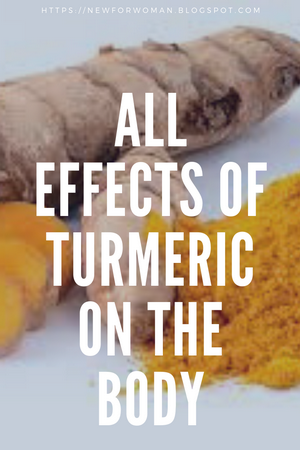It should be noted that in Chinese medicine, turmeric is prescribed at the beginning of cervical cancer, against skin cancer, familial rectocolic polyposis, colorectal cancer and liver metastases.
Adjuvant effect:
In animal studies, it has been noted that turmeric can be used as an adjunct to conventional treatments, increasing the therapeutic effects of radiotherapy and chemotherapy. It could also relieve their side effects from these heavy treatments.
Bérengère Arnal-Morvan, a gynecologist and breast cancer specialist, says that turmeric has a beneficial effect on chemotherapy.
On the other hand, it specifies that it is better to avoid taking 2 days before and 2 days after certain treatments including camptothecine, doxorubicine, mechlorethamine, cyclophosphamide and vincristine, because turmeric could partially inhibit the effects of these molecules.
On the contrary, for some treatments, including gemcitabine, paclitaxel, docetaxel and oxaliplatin, turmeric would improve the effects, as well as tolerance to chemo.
Alzheimer's disease :
Turmeric, rich in antioxidants, would be beneficial to fight the loss of cognitive function caused by Alzheimer's disease, but scientific research is insufficient to say that the spice is beneficial in patients already affected.
However, curcumin, combined with turmerone, another component of turmeric, would undoubtedly have positive effects on the brain by destroying the protein plaques responsible for the degeneration of certain brain cells.
One study reported that 1 to 4 g turmeric a day for 6 months significantly increased vitamin E levels, but did not improve the cognitive functions of patients.
Many researchers justify the fact that there are 5 times fewer cases of Alzheimer's in India than in the United States, by the consumption of turmeric.
Cardiovascular illnesses :
There is only one real study on the impact of turmeric on cardiovascular health. This study was conducted in postmenopausal women with a left ventricular defect, consuming 2 g of turmeric per day and practicing sport.
The results show a reduction in body mass and aortic blood pressure.
Turmeric would help purify and thin the blood, by acting on blood sugar and bad cholesterol.
Diabetes:
Only 2 studies have been conducted on this subject, one of them is very encouraging. Indeed, 2 groups received respectively a placebo for one, 3 capsules of 600 mg of curcuminoids per day for the other.
After 9 months, 16% of participants in the placebo group developed diabetes, while none of those treated with turmeric developed diabetes. In addition, all of the last group lost weight, and saw their waistline and blood sugar levels decrease. To go further on this theme, check out our article on turmeric and weight loss.
Cholesterol and triglyceride levels:
There are studies showing a reduction in bad cholesterol (LDL cholesterol), others have shown the opposite, no effect, so we do not really know what to think.
In contrast, triglyceride studies show a decrease in triglyceride levels in obese patients.
In prevention, the spice helps maintain a good cholesterol level.
Gastric ulcers
In vitro studies have shown that curcumin protects the gastric mucosa and kills the bacterium Helicobacter pylori, which is responsible for most gastric ulcers.
The number of studies is too low to draw categorical conclusions, but the effect is there: the cure rate was 75% with a course of 3 g of turmeric per day for 12 weeks.
Consumed daily, turmeric reduces inflammation and has a preventive effect on ulcers.
Purifying effect
Turmeric is an excellent purifier that, consumed regularly, purifies blood and organs (liver, gallbladder, etc.) and the whole body.
In Asian medicine, it is used to treat liver diseases, gallstones, and liver diseases (hepatitis, jaundice, cirrhosis).
How to use turmeric for health?
- In the kitchen: take between 1.5 g and 3 g, or between 1/2 and 1 teaspoon daily in the meals
- In infusion: boil 150 ml of water and put 1 to 1.5 g of turmeric powder to infuse for 15 minutes, then drink. Drink 2 cups a day
- In external application: see our turmeric mask recipe
- In capsules: refer to the instructions for use
- In essential oil: refer to the instructions for use




Yorumlar
Yorum Gönder